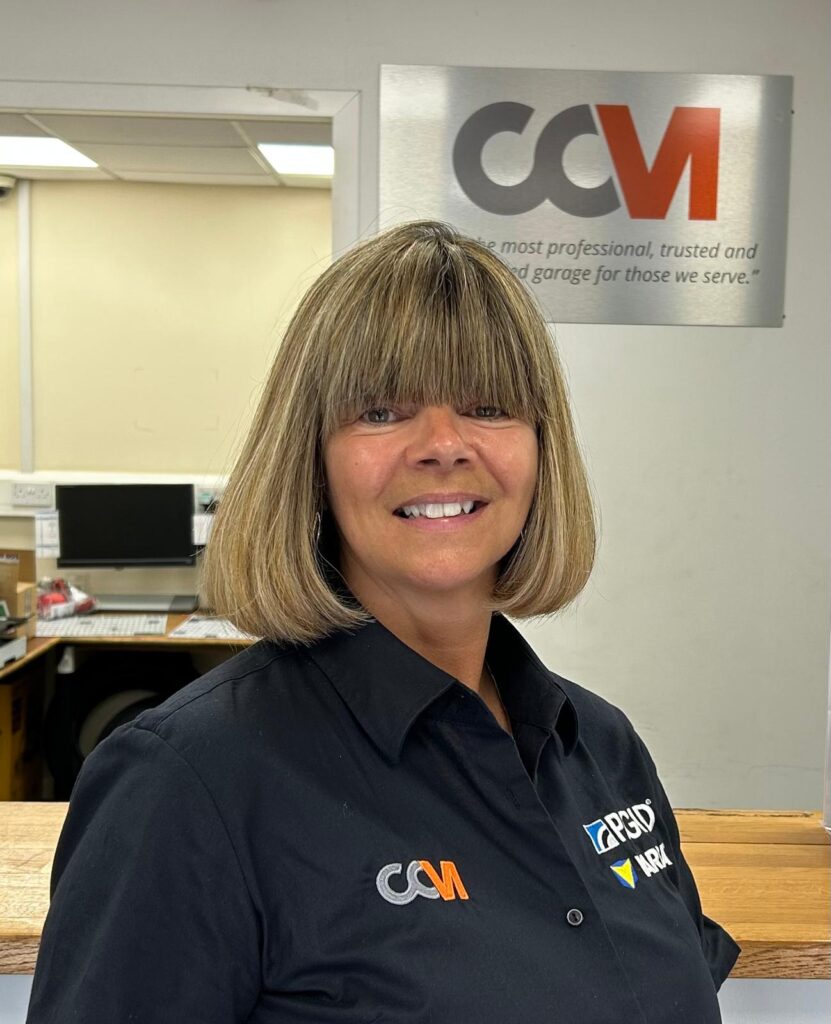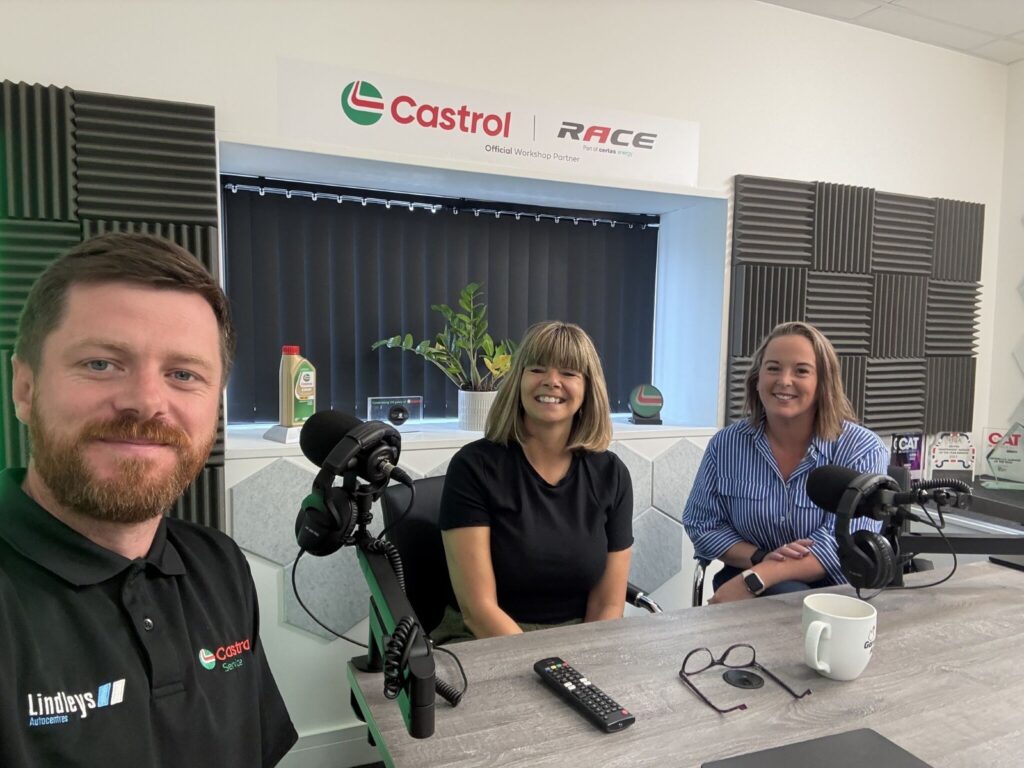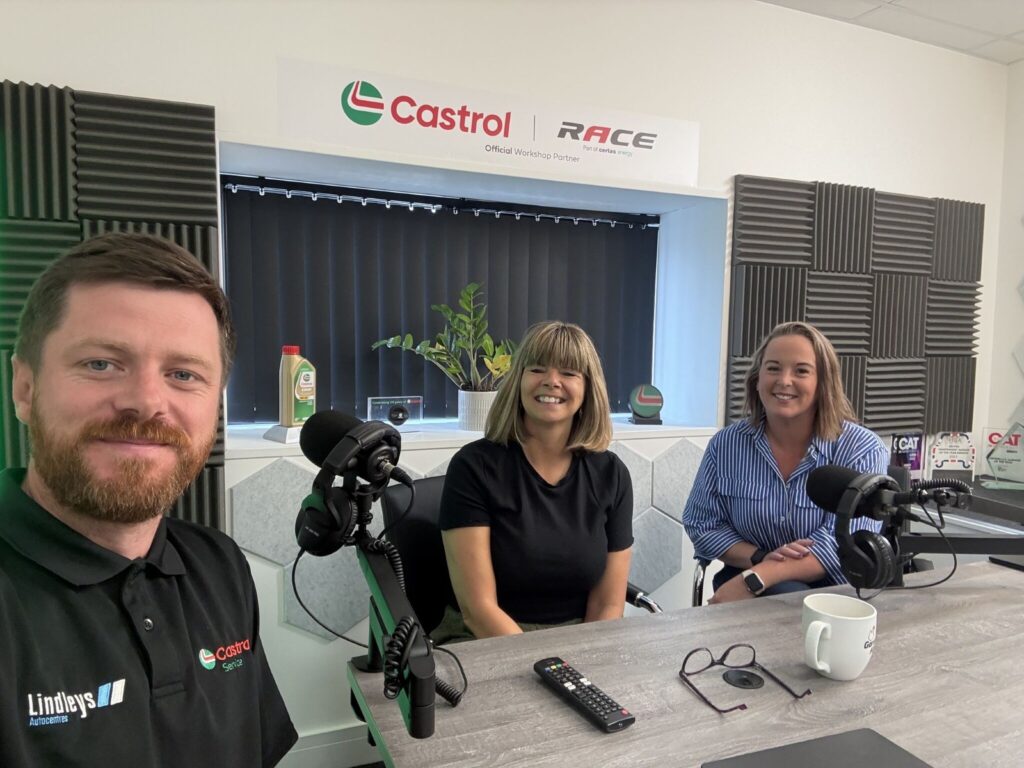Tina Drayson Returns
The data every garage owner must face
This episode of On the Ramp with Tina Drayson is all about numbers. Not vanity numbers. Not spreadsheets for show. Real data that tells you if the business is earning or sliding backwards.
Why data matters in plain terms
Garages live and die on time sold and money collected. Without data you are guessing. You may think the team is busy but the numbers will show whether that busyness is turning into profit. Data shines a light on leaks. It shows where the hours go missing. It tells you if your prices are strong enough or if you are giving it away without knowing.
The backbone of the workshop
Productivity
The hours billed compared to the hours spent. Two hours billed against two hours worked is spot on. Two hours billed but three hours taken means the garage is paying for an hour the customer never will.
Utilisation
The portion of the day techs are on actual jobs. If they are only clocked on for five hours out of an eight hour day you are losing three hours. That is down to flow of work. The cars are not ready the jobs are not lined up the desk has not kept pace.
Efficiency
Efficiency is the number everyone likes to brag about but it is only an output. It comes from productivity and utilisation working together. Do not try to improve efficiency in isolation. Fix the inputs and efficiency improves by itself.
Labour recovery rate
This is the figure that separates profit from pain. You may set your labour rate at one hundred pounds per hour but you never recover all of it. Free health checks staff cars goodwill discounts and unpaid hours all cut it back. Most garages think they are fine until they run the calculation and see recovery at seventy per cent or lower. That means your true rate is seventy pounds not one hundred. Work it out. Face it. Improve it.

Front of house controls the cash
The front desk decides whether hours turn into invoices. A sharp service advisor can turn a check into work. A weak one will let it slip. Three numbers show the truth
- The percentage of cars that get an estimate
- The percentage of estimates converted
- The percentage of value authorised
If lots of small jobs are being sold but the bigger ones are not you have a skill or confidence gap. Train the team. Support them. The right front of house person can lift every other number in the business.
Where to start without drowning
Forget the temptation to chase every metric. Start small and go deep. First work out your costs. What does it take to open the doors each day. Break it down to the hour. Then look at gross profit. Sales minus parts. Does that gross profit cover your daily cost. If not you already have your first job.
Then look at sales mix. How much is labour. How much is parts. A strong garage is often around sixty forty in favour of labour. If you are closer to fifty fifty or lower you are not selling enough of what you are really in business to sell which is time and skill.
Finally fix wasted minutes at the start and end of the day. Ten minutes lost in the morning and ten minutes lost at close across a team of techs adds up to thousands across a year.
Customers and data
Use short surveys to find out what matters to customers. Ask them how they prefer to book and approve work. Younger drivers expect online booking and digital approval. Older customers may prefer a call. Give them both. Measure what happens. Keep what works and drop what does not.
Cash flow and profit are not the same
Year end accounts may show profit but the bank account tells a different story. Move money every week into three pots. One for tax one for profit one for everything else. Start by taking one per cent of what you actually bank each week and put it aside as profit. If the garage runs fine increase it bit by bit until you are holding ten per cent or more. That profit account is where dividends come from and where investment in new kit and training comes from.

The power of small gains
One percent improvement in productivity one per cent in utilisation one percent in estimate conversion and one per cent in authorisation rate will compound into a big lift in profit. You do not need to chase perfection. You need steady consistent progress across the board.
Final word
Data is not a stick to beat people with. It is a mirror to show what is working and what is not. Share the numbers with the team. Explain why they matter. Celebrate the gains. Fix the gaps. Do that and the garage becomes stronger smoother and more profitable.
Timestamps
00:00
Introductions, catching up with Tina, and why data is the focus this time.
02:13
From pen and paper to modern garage systems – the evolution of data in workshops.
05:47
Workshop efficiency explained: productivity, utilisation, and why they matter.
09:22
Inputs vs outputs: what data really tells you about performance.
14:12
Labour recovery rate – the most overlooked but critical number.
20:52
Front of house: sales, estimates, authorisation rates, and the hidden impact on profit.
28:29
Positive tension in metrics – how two numbers working together keep teams honest.
36:00
Starting small: where independent garages should begin with data.
44:36
Customer expectations, surveys, and using data to enhance service.
50:04
The challenges of introducing data – transparency, staff morale, and manipulation.
57:18
Cash flow vs profit – the difference every garage owner must understand.
01:03:30
Small improvements, compounded growth, and preparing for the future.
01:09:41 – End
The Blend conference, Tina’s panel session, and closing thoughts.


